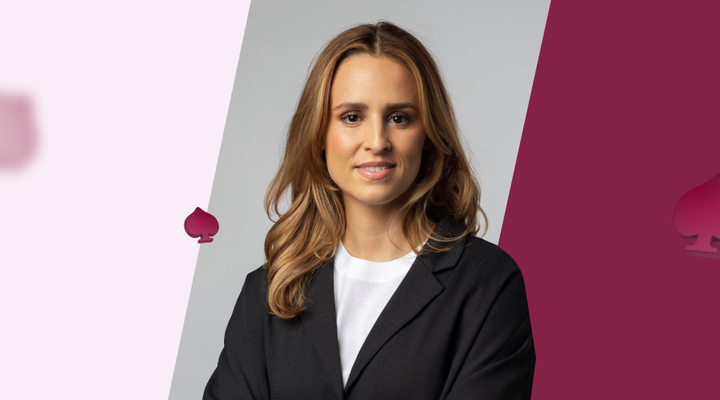UK Gambling Commission release data on young people gambling

By Lucy Wynne
Every year the UK Gambling Commission (UKGC) releases data looking into young people - between the ages of 11-17 years old - and their exposure to and involvement in any and all forms of gambling.
The data was gathered from 3,869 students out of schools in the UK, by completing self surveys between the dates of January and June 2024. The survey was conducted by Ipsos on behalf of the UKGC.
Statistics found that 27% of young people had spent their own money on gambling, in the last 12 months, however this does not include age restricted products.
It was found that 20% spent their money on penny pushers or claw grab machines, 11% placed a bet between friends and family and 5% had played card games with friends or family for money.
The amount of young people that spent money on regulated forms of gambling was 21% and 15% spent money on unregulated forms of gambling.
However, the percentage of young people experiencing a gambling problem has risen from 0.7% in 2023 to 1.5% in 2024.
As a reflection on their 2024 report, from 30 August, all UKGC licensees must make sure their staff are ID’ing anyone who looks under the age of 25; instead of 21.
Tim Miller, executive director for research and policy at the Gambling Commission said: “Today’s report gives us important insights into the relationship between young people and gambling. Where it relates to regulated forms of gambling we use the data to continuously keep under review and, where needed, strengthen the suite of protections for young people that we require gambling companies to have in place.
“However, the report also shows that young people often gamble in ways that do not require regulation, such as betting with their friends. Yet these forms of gambling can also lead to some experiencing harm. Our report points to the opportunities that parents, schools and other groups have to also help reduce gambling harm among children and young people.”






 GamCare’s safer gambling standard ending this year
GamCare’s safer gambling standard ending this year
 Steven Matsell appointed as new CEO at Jelly Entertainment
Steven Matsell appointed as new CEO at Jelly Entertainment
 Northern Ireland presses Westminster for further gambling advertising restrictions
Northern Ireland presses Westminster for further gambling advertising restrictions
